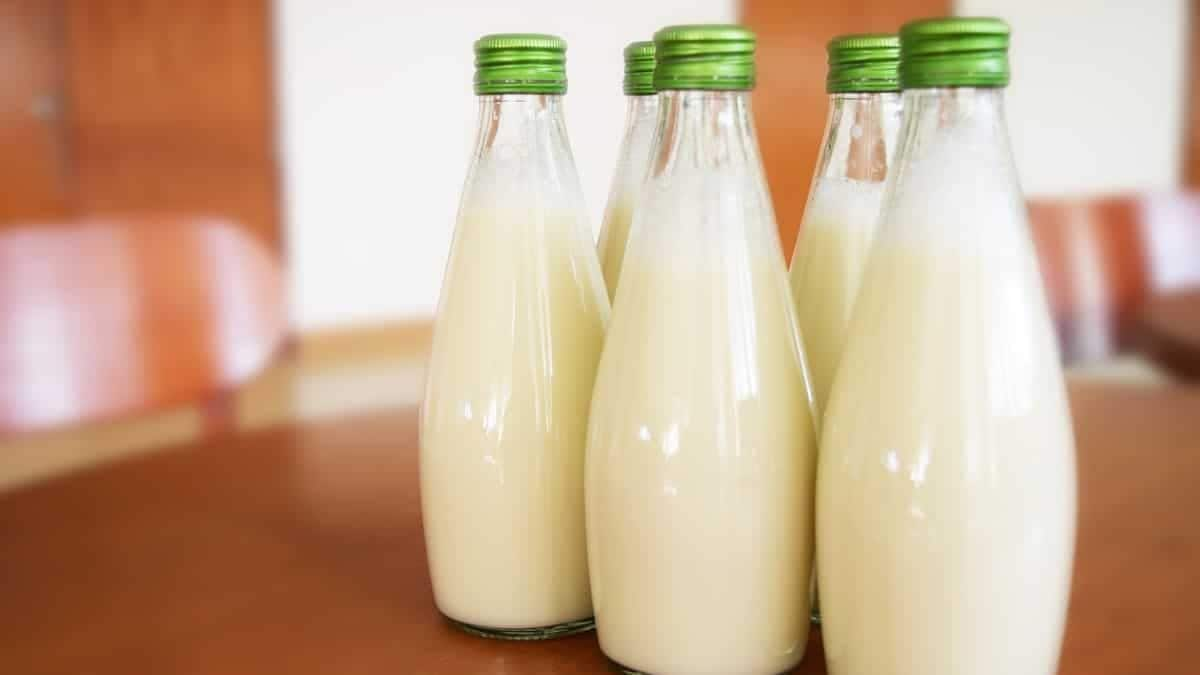
Pakistan's first human milk bank halts operations amid religious controversy
What's the story
Pakistan's inaugural human milk bank, initiated by the Sindh Institute of Child Health and Neonatology (SICHN) in Karachi, has suspended operations following a religious edict declaring the project "haram" or forbidden under Islamic law.
The milk bank was established to provide donated breast milk to premature and malnourished infants.
However, a revised fatwa or religious ruling from an influential seminary has now put the project on hold.
Fatwa
'Milk kinship' reason for prohibition
In December 2023, the Darul Uloom Karachi seminary issued a fatwa endorsing the milk bank project.
However, a revised ruling from the same seminary cited "milk kinship," an Islamic concept where a woman who breastfeeds an unrelated child develops familial ties that prohibit marriage between her offspring and the child.
As explained by Islamic scholar Mufti Syed Qaiser Hussain Tirmizi, "This relationship is akin to blood ties, which forbids marriage between breastfed siblings within Islamic legal frameworks."
Opposition
Milk banks in Muslim societies face religious opposition
The concept of milk kinship has been a barrier to the acceptance of human milk banks in Muslim societies, despite their operation in Western countries for over a century.
A similar initiative in Bangladesh was shut down due to religious opposition in 2019.
Initially, SICHN had received a fatwa permitting the milk bank's operation, provided it kept detailed records of donors and recipients to avoid any violations of Sharia law.
Commitment
SICHN committed to balancing medical and religious responsibilities
Despite the potential of the milk bank to save lives of premature and malnourished infants in Pakistan, the revised edict from Darul Uloom Karachi has compelled SICHN to suspend the project.
In response to this situation, SICHN stated, "Our primary goal remains the health and well-being of children, and we are committed to finding solutions that honour both our medical and religious responsibilities."